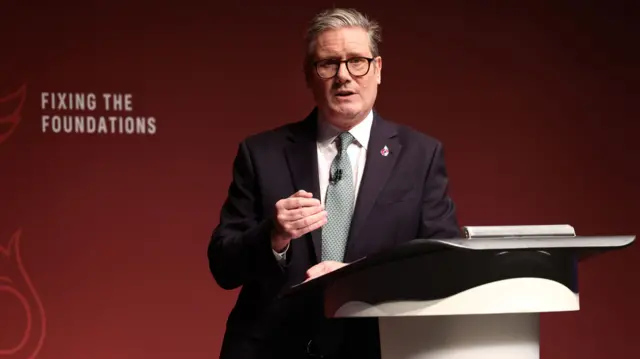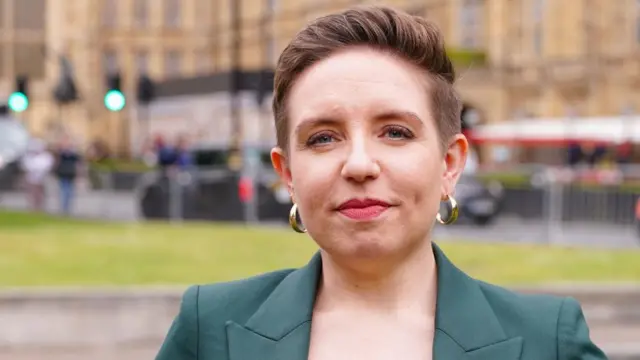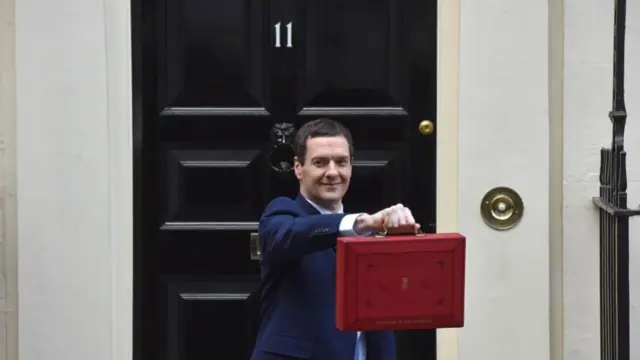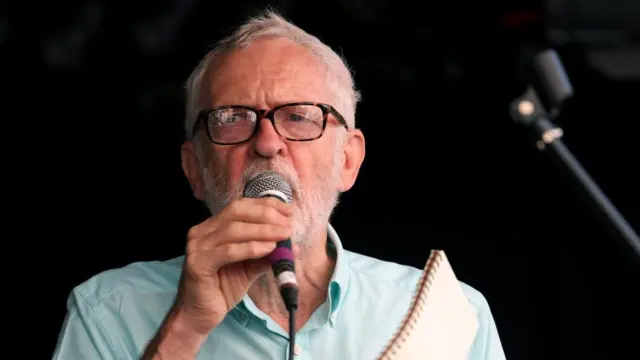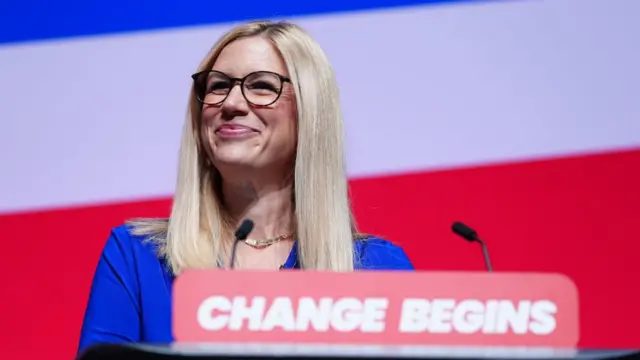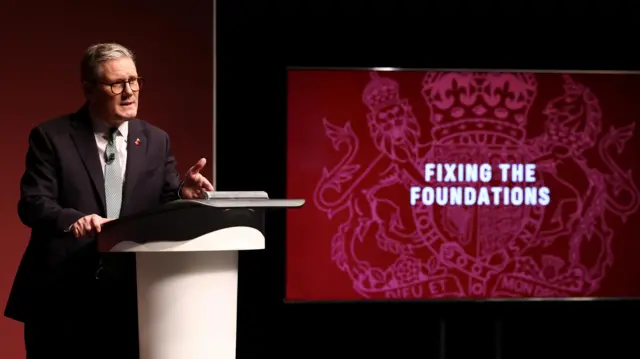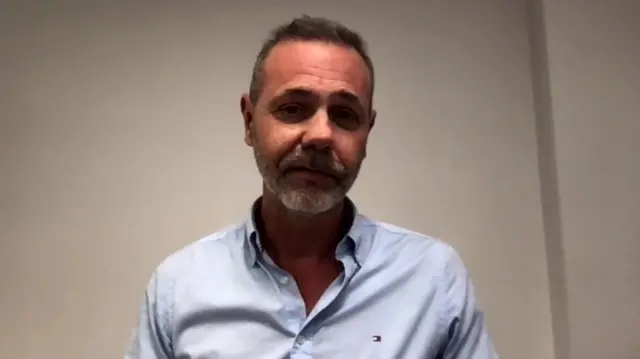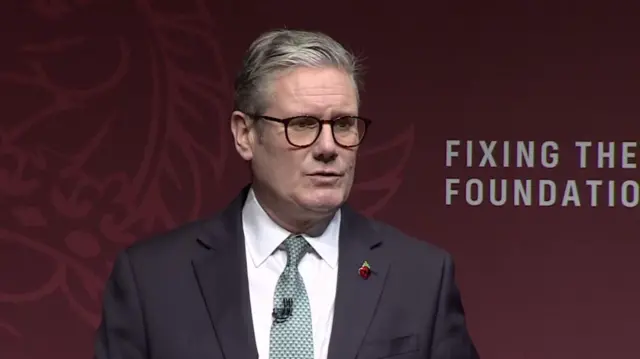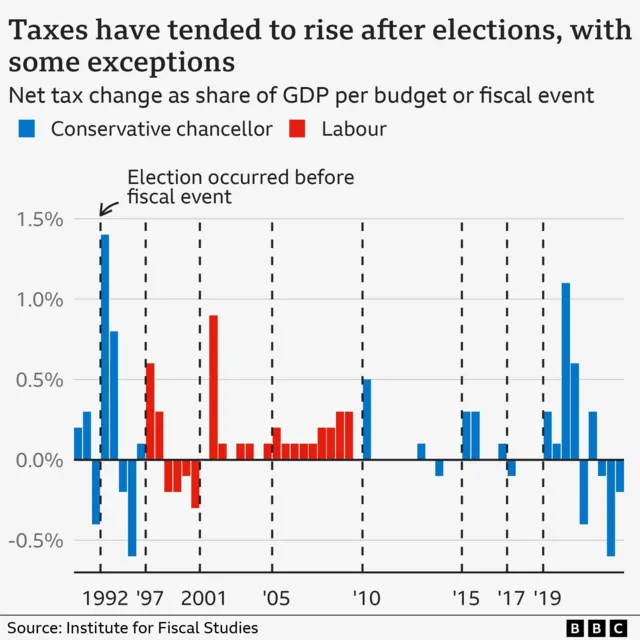Two more sleeps until Budget daypublished at 15:33 GMT 28 October 2024
That's it from us today, as our attention turns to Wednesday's Budget announcement.
Chancellor Rachel Reeves will be delivering a statement to the House of Commons from at 12:30 GMT, which will be followed by the customary reaction from opposition parties and economic think tanks.
All the while, we'll be doing what we do best - bringing you live updates, videos and analysis as the day unfolds.
Set your reminders now and see you then.
Today's page was edited by Jacqueline Howard, Nathan Williams, Barbara Tasch and Emily Atkinson. The writers were Imogen James, Rachel Flynn, Thomas Copeland, Rorey Bosotti and Hollie Cole.
